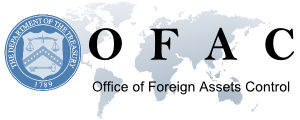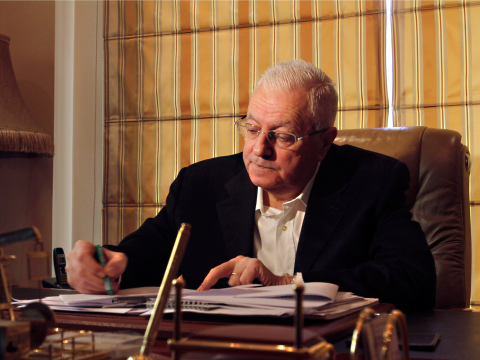The WSJ Editorial Board Discovers SDN Reconsideration

It should come as no surprise that the Wall Street Journal Editorial Board is all worked up over a potential Iran nuclear deal. This time, they are apoplectic over three of President Obama’s alleged “Favors for the Mullahs.” Two of the these “favors,” cutting off funding to an anti-Hezbollah Lebanese civil society organization and potentially delisting Iranian entities linked to ballistic-missile related procurement efforts are valid criticisms, whether or not you agree with the position taken. But the criticism over the third “favor,” removing former AQ Khan associate Buhary Seyed Abu Tahir from the SDN list, is just odd.
Abu Tahir was designated by the State Department in January 2009 for providing support including money laundering and facilitating illicit nuclear technology trade on behalf of Pakistani nuclear scientist AQ Khan. In 2004, Malaysian authorities accused him of shipping uranium centrifuges to Iran in 1994 or 1994.
According to the Journal, Abu Tahir’s delisting “strikes us as the equivalent of a backdated check intended to whitewash Iran’s illicit acquisition of centrifuges as having anything to do with a nuclear-weapons program.” That characterization strikes me as divorced from reality.
First and probably most obviously, its difficult to fathom how removing Abu Tahir from the SDN list “whitewashes” Iran’s illicit procurement efforts. Removing him from the list does not negate his prior conduct or suggest that the original allegations that led to his designation were not warranted. The State Department press release issued at the time of his listing does not disappear from the Internet. Treasury* does not issue an apology when it removes a designation.
Second, such a removal would constitute an unprecedented departure from normal OFAC operating procedure. There are generally three ways of getting off the SDN list. Death, though this is not guaranteed (see Memon, Mohamed Iqbal), list maintenance (see the recent Cuba removals of sunken ships or ancient SDNT designations), or petition for reconsideration. There are also unique cases such as the removal of Burmese president Thein Sein, but these are reserved for major cases in the context of significant political changes; lowly money launderers would not qualify.
The most likely scenario by far is that Abu Tahir, a wealthy businessman, submitted a request for reconsideration of his designation to Treasury at some point. Given that the designation itself is six years old and the conduct itself is at least a decade old, its not particularly surprising that OFAC determined that Abu Tahir has demonstrated the necessary change in circumstances required for removal. As stated by the Treasury spokeswomen quoted by the Journal, the Abu Tahir delisting “was based on a determination by OFAC that circumstances no longer warrant the blocking of Tahir pursuant to Executive Order 13382.”
That said, I absolutely agree that Treasury should explain designation removals, if only to provide others with a blueprint for remediating past behavior and demonstrating that they are no longer engaged in any illicit conduct. Unfortunately I think there’s a good chance that I’ll be waiting a long time.
* While Abu Tahir’s designation was issued by the State Department, Treasury handles the reconsideration request as it administers the Weapons of Mass Destruction Proliferators Sanctions Regulations, 31 C.F.R. Part 544. Reconsiderations would be done pursuant to 31 C.F.R. 501.807.



